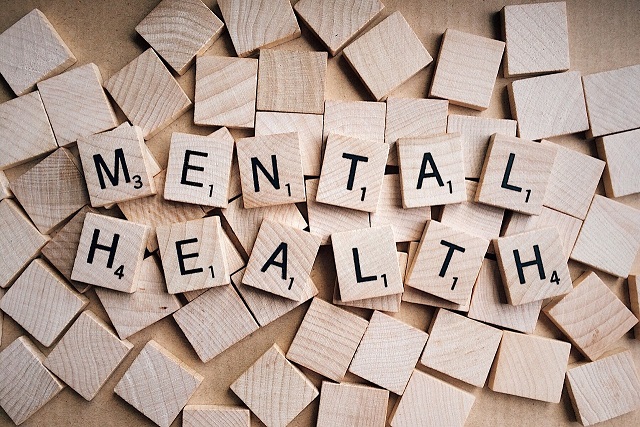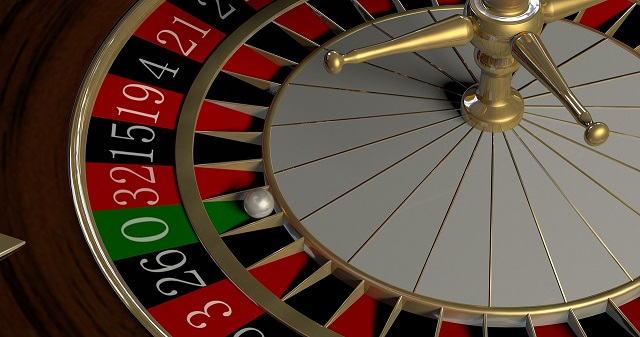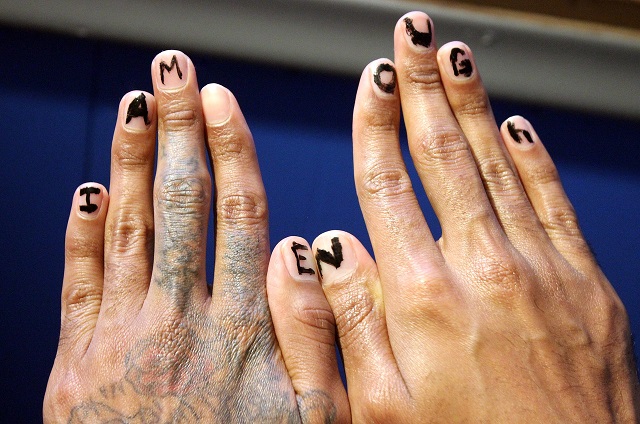
Eighteen months ago I achieved two main ambitions in my life. I was about to start my studies at one of the best music colleges in the country and I had finally earned a seat in a wonderful brass band.
Yet during this time I also ended up leaving college and shortly after did something I thought I would never do: I left banding.
It was brought on by increasing problems with my mental health; the stress, anxiety, self doubt and lack of self-worth that at first troubled, but eventually almost paralysed me.
This is an open and honest article about the situation I, and no doubt other brass band players (young and old) have found themselves in.
I hope it will enable anyone who feels that they, or someone they know, are finding stress, anxiety or depression starting to get a hold of them, to seek help and break free.
You are not alone
All you have to do know is that you are not alone.
In my opinion, being involved in music is one of the best things a person can do. Through banding I've not only developed a skill, but have also learned lessons that have given me a good personal grounding for the rest of my life.
It has brought me discipline: To turn up to rehearsals, work hard on your part and to give everything you've got on stage.
It’s also taught me that talent alone isn’t enough, and that having an open mind to constructive criticism and then working on it is one of the main ingredients that fuels success.
It was something I first put into practice in school, and then with my career. It was also something that applied to me as a brass band player.

The right perspective
When you think about it, performing in a brass band in search of appreciation (be it by an audience or contest judges) makes for a strange hobby.
You're actively putting yourself in a situation that most people would regard as being stressful; sitting or standing in front of people with the probability of things either going well or badly.
However, knowing the true reality of just how important this is to you as a hobby gives you the right perspective.
Some people go on stage and feel little or no nerves at all. If they give a less than decent performance they don't worry about it. I both admire and envy those people. They have been able to place their hobby in the right overall perspective.
How do we manage this?
I suppose it depends on what type of person you are.
Some people go on stage and feel little or no nerves at all. If they give a less than decent performance they don't worry about it. I both admire and envy those people. They have been able to place their hobby in the right overall perspective.
Over-analyse
Others are plagued by nerves and over-analyse a good or bad performance for far longer than it actually merits.
Unfortunately, I've always been one of the latter.
I've always been a worrier and a slightly negative thinker. Unfortunately, I didn’t fully realise that these aspects of my mental health were starting to become increasingly irrational.
It even meant that the most wonderful social aspect of meeting up with your mates and having a laugh in the bar afterward a performance - recalling the ups and downs of something we loved more than anything else, became tortuous.
And by losing the correct sense of perspective, what was once something I could describe as pre-performance nerves, developed into post-performances anxieties - regardless of whether I actually played well or not. Negativity started to rule. The thrill of playing had been replaced the fear of playing.
It even meant that the most wonderful social aspect of meeting up with your mates and having a laugh in the bar afterward a performance - recalling the ups and downs of something we loved more than anything else, became tortuous.
Roulette
Following two years of appointments with doctors and counsellors I was eventually diagnosed with an anxiety disorder.
Living with anxiety is basically like a game of roulette.
Sometimes you land on a good day where you only have a little stress to contend with: Other days you don’t.
Big red button
Then it’s like someone has pressed a big red button and the panic pyrotechnics start going off in your head: For no good reason.
An anxiety disorder means you spend a great deal of time living in your own head, plodding along without actually experiencing your life: I was just trying to get through the days.
During this time, playing in a brass band was the perfect antidote – a release from the mundane introspection of my ‘real life’.
The outside world didn't matter. Here I was in control of what I did. More importantly, I had the confidence to know I could do it.
An anxiety disorder means you spend a great deal of time living in your own head, plodding along without actually experiencing your life: I was just trying to get through the days.
However, this didn’t last.
Even in the hobby I loved the self doubts started to appear more regularly and self-criticism became stronger. The harder I worked to succeed the further I felt I failed to meet my goals.
Sure enough, after a few months at college, that self-critical personality got a vice-like hold of me and I felt that nothing I did was ever good enough. My efforts were worthless and everyone was better than me.
Classic case
This was not a reflection on my band or the wonderful friends there. This was a classic case of not being able to identify the need to control something that with help could be caged and tamed. It led me to leave college.
By the summer 2017, after months of panic attacks and being fed up with my anxiety being a barrier to everything, even the thought of stepping into a bandroom to do something I had once so much enjoyed brought on a meltdown of serious proportions.
My cornet was literally thrown into its case. I couldn’t even contemplate doing one of the things I loved the most - making music with friends.
My cornet was literally thrown into its case. I couldn’t even contemplate doing one of the things I loved the most - making music with friends.
Thankfully at this point, I was steered towards seeking and accepting professional mental health help.
It was the best decision I have ever made.
Time Out: Was it worth it?
I previously thought that taking a break from banding was unthinkable. If someone asked me if I would ever consider it I would say “don't be daft”. It was the band that mattered. I just had to pick myself up and get on with it.
Now I understand nothing matters more than your mental health and well-being. I took seven months away from playing and more importantly, learnt with help not to bully myself with negativity.
In that time I started to cope better with my anxiety. It has helped my relationship with playing, both as an individual and within a band.
Now I have positive nerves not negative thoughts. The anxieties are those of pleasurable anticipation. The post performance analysis is all about what was good.
Now I have positive nerves not negative thoughts. The anxieties are those of pleasurable anticipation. The post performance analysis is all about what was good.
Now I enjoy talking about the slips and blips; the laughs tell me more than anything else about just how important friendships are in communal activities. You are never alone.
Now I understand the correct perspective of something that brings us all huge pleasure.
Liberating
The word 'play' means to 'engage in activity for enjoyment': If you're not enjoying it and things are getting you down you must remember that it's YOU that matters most.
You have to do what's best for you and you alone. Do not allow the destructive anxieties get a hold of you.
Thankfully, mental health is now a common discussion topic with musicians. Performing may well be stressful but it is also liberating – especially when you approach it with honesty and determination.
Being heard and expressing yourself is why we want to play in a brass band in the first place.
So if you feel something is wrong, talk to someone. You will be surprised to find that you are not alone and your experiences may not be unique. Many others (even in brass bands) have felt the same.
Don't let mental health mute your sound or your wonderful personality.
Being heard and expressing yourself is why we want to play in a brass band in the first place.
Liv Appleton
About the author:
Liv Appleton started playing at Old Hall Brass, where as principal cornet, she played at the 2014 National Finals. She also played flugel for Eccles Borough at the 2015 National Finals in 2015 and has been principal cornet of the North West Youth Brass Band and the Foden's Youth Brass Band. She has also played for Leyland Band.
At present she does not play regularly but instead enjoys helping local bands for enjoyment and to meet new friends and challenges.
Her popular blog talks about a range of topics, including brass bands, music, education and mental health, and is a proactive outlet to help promote and inspire other young players to overcome the challenges that may face them.
It is also an invaluable outlet to help people talk about mental health issues and their own experiences.















